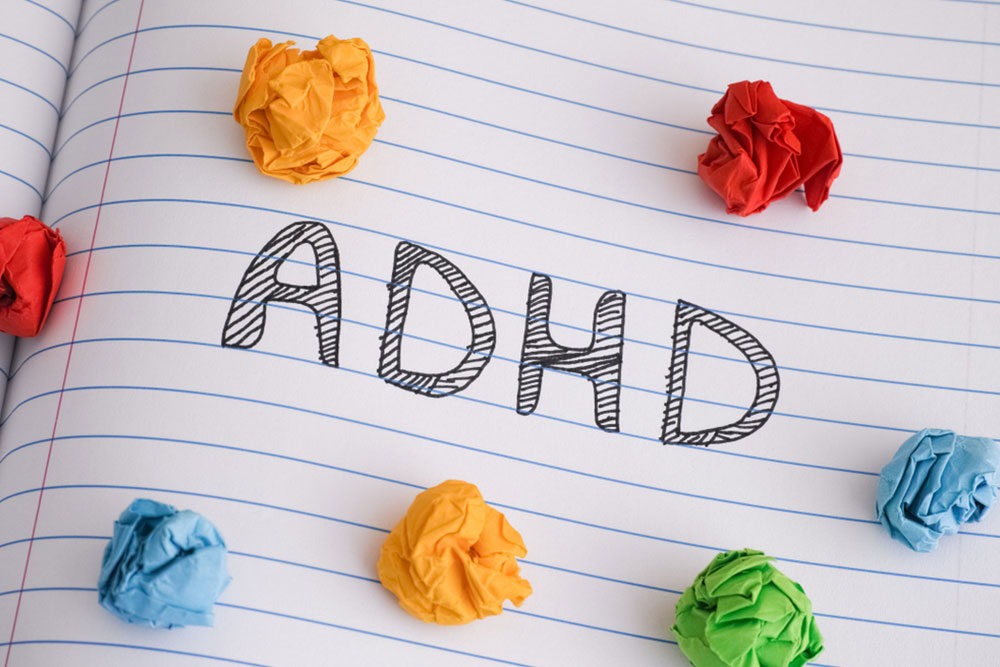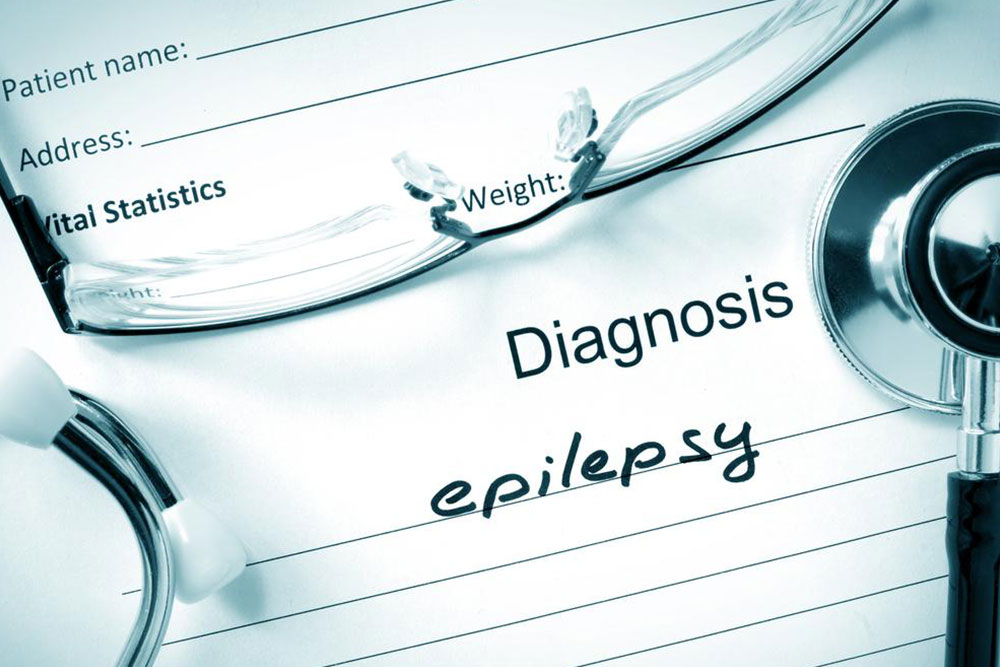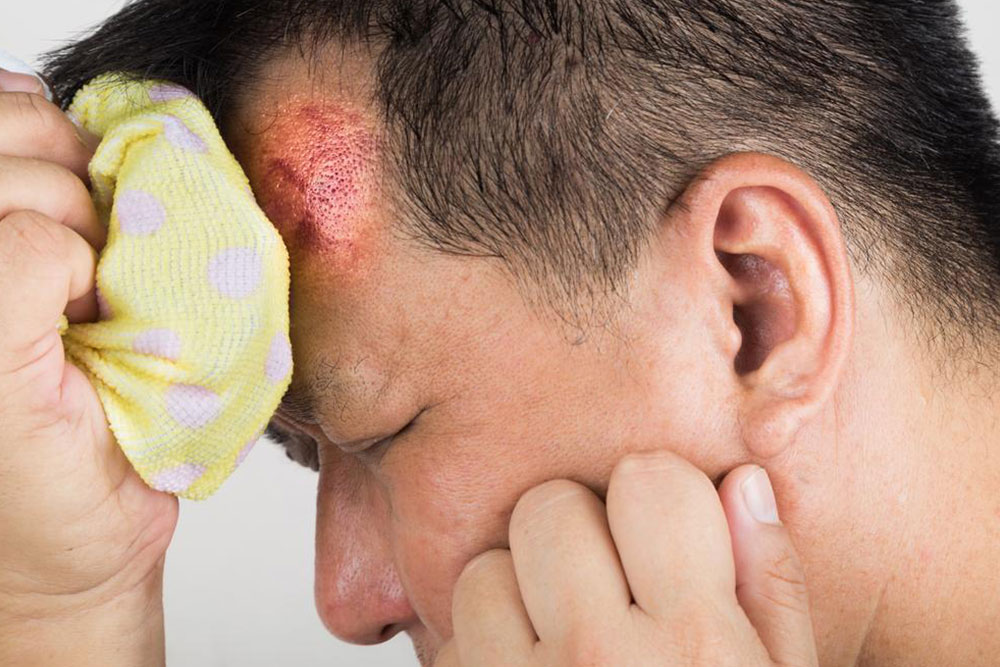Effective Strategies for Managing a Head Injury
Learn essential strategies to manage and recover from a head injury. This guide emphasizes quick response, proper rest, avoidance of harmful substances, and when to seek medical attention. Follow these tips for a safer recovery and prevent potential complications related to concussions.

Effective Strategies for Managing a Head Injury
The brain, a delicate organ encased in cerebrospinal fluid for protection, is vulnerable to injury during a blow to the head. A concussion happens when the brain strikes the skull following a head impact. Even if symptoms are not immediately apparent, it is crucial to seek medical evaluation after any head trauma to prevent possible complications.
Immediate Actions
A concussion affects brain function and should never be overlooked. Proper treatment requires professional medical advice, so seeing a healthcare provider is essential.
Depending on severity, a doctor might recommend hospital admission for observation. Sometimes, home care with vigilant monitoring is sufficient. Regardless of the scenario, close supervision is vital during recovery.
Recovery Tips for Head Injuries
The recovery period varies among individuals. Some heal quickly, while others may take longer. Here are key tips for managing a head injury:
Prioritize sleep, aiming for at least 10 hours nightly, and avoid strenuous activities during the day.
Avoid alcohol and recreational drugs.
Follow your doctor’s medication instructions carefully; do not supplement with other drugs without approval.
Refrain from physically or mentally demanding activities, including studies, exercise, work, and screen time involving computers or mobile devices. Adjust your routine as recommended.
Do not drive or operate machinery until your doctor confirms it is safe to do so.
Use a cold pack or ice wrapped in a cloth on your head to reduce swelling and soothe discomfort.
Note:
Our blog offers diverse information and practical advice across various topics. While we aim to provide accurate data, it is important to consult healthcare professionals for personalized treatment. We are not responsible for variances or inaccuracies in external sources. Always seek professional medical guidance for health concerns and be aware of available schemes or offers tailored to your needs.









